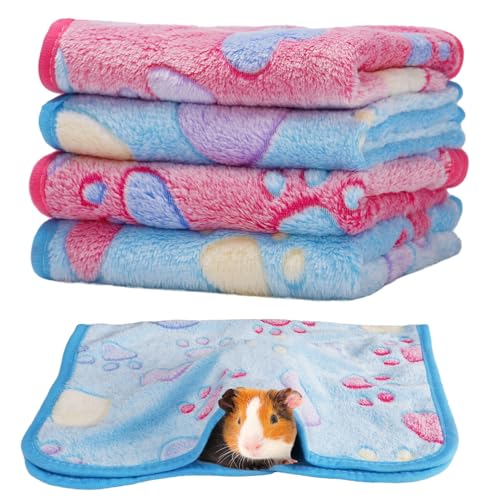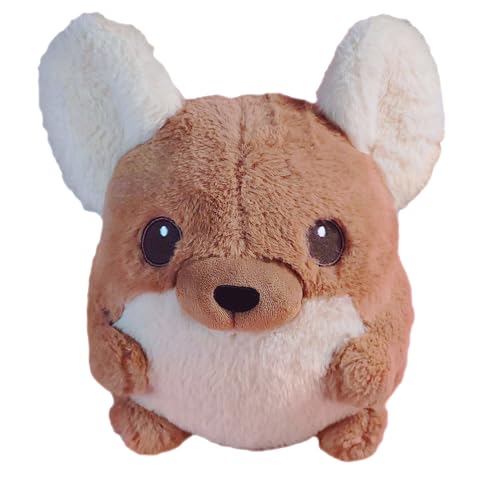AngelinaAndAmestris
New member
Hello! I've been a chinchilla owner for a little over a week now and I've encountered several problems with my chin that I am trying my best to cure.
My chinchilla is 5 months old (so I've been told) and his name is Amestris.
His most recent problem is ringworm. I've been trying to clean that as quickly as possible.
But there is also another thing I suspect might be wrong. Recently, when I changed his diet to help his diarrhea, I gave him nothing but loose timothy hay and alfalfa cubes.
I am cautious as to when I let him out of his cage now because I do not want to the ringworm to spread. But when I do let him out he never jumps! When I first got him he used to jump around on a frenzy. I know that chinchillas are built for jumping and that if he doesn't it can severely damage his little spin. The only active thing he does is run on his wheel like crazy. Also, when I let him out all he does is sniff the floor for bits of food. (He got diarrhea because the lady who sold it to me swore hamster food full of goodies was good for him.) I'm worried!
Secondly, he has an issue with water. A few days ago I bought him a packet full of electrolyte mix to help him overcome his diarrhea and he gulped the stuff down like it was candy. I suspect that it had flavoring to it. I also think he was taken away from his mother far too early, thus disabling his craving for normal water. I do not want my chin to dehydrate himself. Any tips on how to get him to drink more efficiently?
Thank you!
My chinchilla is 5 months old (so I've been told) and his name is Amestris.
His most recent problem is ringworm. I've been trying to clean that as quickly as possible.
But there is also another thing I suspect might be wrong. Recently, when I changed his diet to help his diarrhea, I gave him nothing but loose timothy hay and alfalfa cubes.
I am cautious as to when I let him out of his cage now because I do not want to the ringworm to spread. But when I do let him out he never jumps! When I first got him he used to jump around on a frenzy. I know that chinchillas are built for jumping and that if he doesn't it can severely damage his little spin. The only active thing he does is run on his wheel like crazy. Also, when I let him out all he does is sniff the floor for bits of food. (He got diarrhea because the lady who sold it to me swore hamster food full of goodies was good for him.) I'm worried!
Secondly, he has an issue with water. A few days ago I bought him a packet full of electrolyte mix to help him overcome his diarrhea and he gulped the stuff down like it was candy. I suspect that it had flavoring to it. I also think he was taken away from his mother far too early, thus disabling his craving for normal water. I do not want my chin to dehydrate himself. Any tips on how to get him to drink more efficiently?
Thank you!





















































